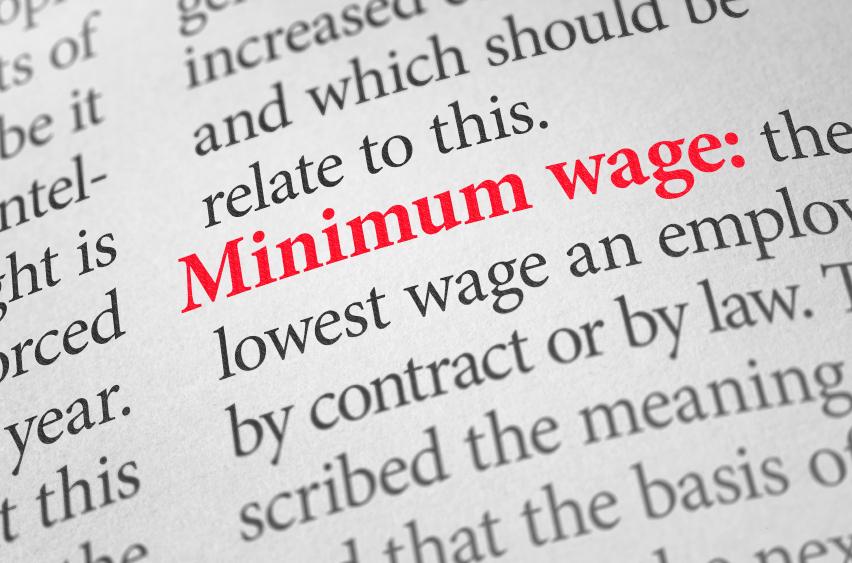
The stage is set for a battle royale between the Federal Government and Organised Labour consisting of the Nigeria Labour Congress, NLC, and the Trade Unions Congress, TUC, and their affiliates, over the new national Minimum Wage, NMW.
While government promised that whatever is agreed will take effect from May 1, 2024, perhaps in honour of this year’s May Day, Organised Labour has tabled N615,000 officially as their demand for a new NMW. This amounts to over 2,000 per cent increase.
Shortly after President Bola Tinubu assumed office in May last year and introduced a number of draconian economic measures, it responded to Labour’s demand for a new NMW by setting up a tripartite committee headed by a former Head of Service of the Federation, Bukar Aji. It consists of representatives of the Federal and State governments, Organised Labour and the Organised Private Sector, OPS.
That the committee is yet to come to an agreement while Labour is going ahead to demand an eye-popping figure indicates stormy months ahead in the relationship between the Federal Government and the workers’ unions. Already, Organised Labour has given the end of May 2024 as deadline for the approval of their demand.
We call on all sides to apply the strategy of diplomacy and pragmatic negotiations, and not that of a war that one side must win to assert its power and dominance. The smooth running of governance and stable economy are at stake, and disruptions that could worsen our already untenable situation must be avoided.
Everyone knows that the N30,000 NMW is simply untenable, more so since May last year when the immediate implementation of petrol subsidy removal was announced and the Naira floated, which initially ensured almost 300 per cent devaluation. N30,000 is a destitute wage that must be discarded for a reasonably improved figure.
Unfortunately, even this comedic NMW is largely ignored in many states. Reports have it, for instance, that some teachers in Zamfara State, the most educationally-underdeveloped in the Federation, receive N8,000 monthly salaries. In many states, workers are owed months, even years, in arrears, while the governors and other political office holders continue to live like the proverbial mandarins.
In view of this, Labour must be realistic. It must have in mind the state of the economy, government’s ability to pay and the need to ensure that the new NMW helps to strengthen, and not to further undermine, the Naira and the economy at large. We must avoid reducing the Naira to a worthless national currency like the Zimbabwean Dollar.
The cost of governance is still too high at all levels. The unchecked corruption and squandering of public resources leave very little to pay government workers well and build public amenities.
Labour must increase its watchdog function and hold politicians to account.
Disclaimer
Comments expressed here do not reflect the opinions of Vanguard newspapers or any employee thereof.